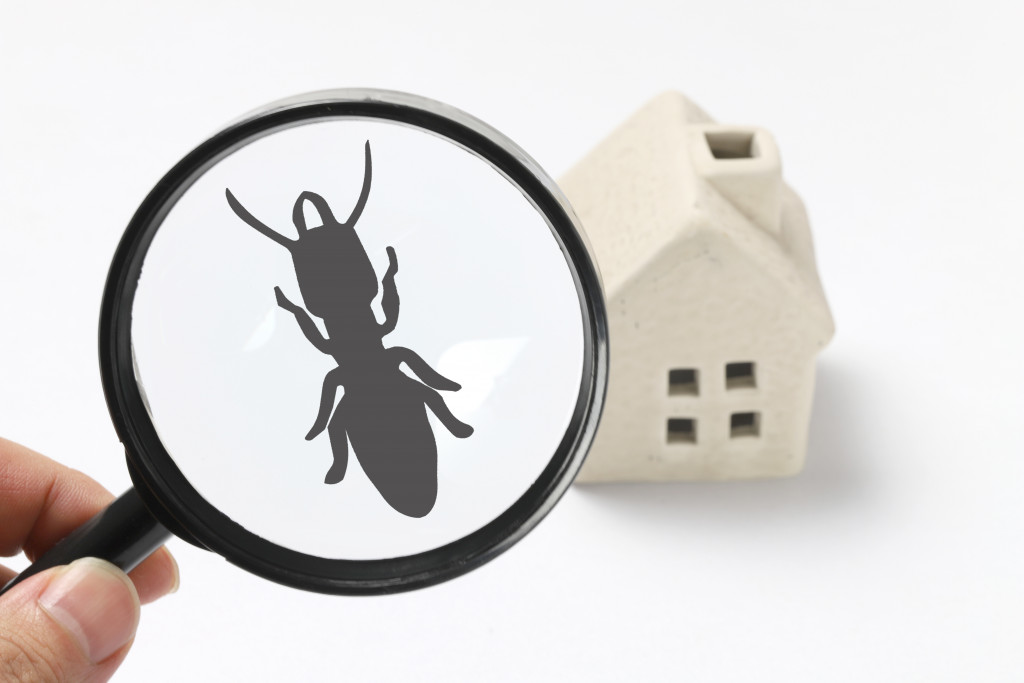Proper pest control starts with each household. Keeping the house clean, securing trash cans, laying down traps—all of these are effective strategies to avoid attracting pests to your home. However, these make the pests go to the next home and do not guarantee that they will return to yours.
So, yes—while enacting proper pest control is a great way to protect your own home from nasty critters, it may not be enough to ensure proper pest control in the neighborhood as a whole. And if the next house over—or even the streets themselves—is a magnet for pests, then they will always have a reason to come back.
That said, here are several actionable strategies that neighborhoods can do to improve pest control within their community:
-
Contents
Promote the safe and ethical traps within households
One of the best pest control methods is laying down traps in places where pests tend to linger. However, not all kinds of traps are safe nor ethical to use; some are extremely toxic to pests but may also be toxic to humans as well, while others are simply unethical, especially the ones that catch rodents.
Local communities can take it upon themselves to promote safe and ethical traps for all homeowners. For example, neighbors can help other neighbors shop for mosquito traps from safe, non-toxic sources. Or, if there is a great need for it, community leaders can organize events to teach homeowners how to set up ethical DIY traps on their properties, especially if the neighborhood is near a wooded area.
-
Ensure proper garbage collection
A leading cause of an increase in the number of pests within a neighborhood is improper garbage collection. When the garbage collection service fails to collect on time or leaves residue on the streets, it attracts pests who use household garbage as the main food source. Of course, improper garbage collection also makes the neighborhood look and smell unpleasant.
If this is the case for your neighborhood, contact the local government to report the issue about the garbage collection service. Most collection services are run by the government, meaning you have the right to complain if they are not meeting their obligations to the community.
-
Enforce cleanliness policies

Dirty surroundings attract all sorts of pests. Even if the houses are relatively clean, polluted streets can serve as a beacon for pests that will eventually find their way into your warm, safe homes. That said, keeping the streets clean is not only to keep the neighborhood visually pleasant—it is also imperative to the health and safety of households (in more ways than one).
Your homeowner’s association or local government probably already has cleanliness policies in place. There are likely already rules against littering, leaving pet poop, dumping trash in inappropriate places, and so on. However, does the community follow these rules closely? Or are the streets the number one cause of pests within the neighborhood?
If the answer is the latter, neighbors can take it upon themselves to enforce stricter guidelines on public cleanliness. For instance, community leaders can lobby for better rules and work with local politicians to enact them in the community. On the other hand, neighbors can perform their civic responsibility by reporting anyone who goes against the community’s rules and, more importantly, ensures that they follow the rules closely.
-
Plant pest repellent plants
Certain plants serve as natural repellents to pests, such as chamomile that repels flying insects; citronella that is used as a mosquito repellent; and mint that may deter mice. Increasing the number of pest-repelling plants in the neighborhood is a great pest prevention measure that will benefit everyone, especially if the plants are situated in community areas.
Besides that, plants are a great alternative to pesticides, harming humans, pets, and the environment, especially when misused. Furthermore, planting more plants in the community help increase oxygen levels, make surroundings more pleasant, and decrease carbon dioxide in the environment.
-
Improve each house’s outdoor pest control
To improve the quality of pest control in the community, it has to start with each household. More specifically, the household’s outdoor pest control.
Here are several ways each household can do its part in improving outdoor pest control:
- Securing trash cans
- Fixing leaky outdoor plumbing
- Removing standing water
- Sealing gaps, cracks, or holes in exteriors
- Removing food, water, shelter, and clutter
Paying more attention to pest control does not only benefit yourself—but it also benefits your neighbor as well, and vice versa. That said, preventing pests in the neighborhood requires the active participation of each household. After all, one house cannot achieve great pest control if another is a constant magnet for pests.



